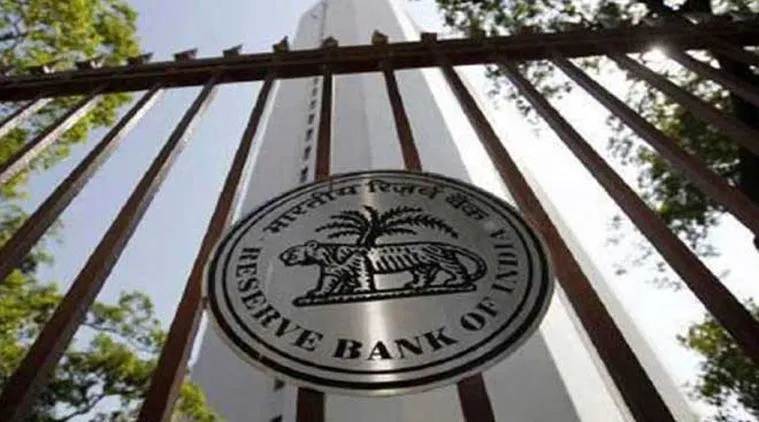
The Indian Express
Scrapping of 7.75% savings bonds to hit savers, pensioners
According to fund managers and analysts, the 7.75 per cent Savings (Taxable) Bonds, 2018 was the favourite investment option for savers and pensioners who considered these bonds as safe and generating adequate returns.
by Express News ServiceThe government’s decision to discontinue the 7.75 per cent Savings (Taxable) Bonds, 2018 from Thursday has come as a big blow to savers and pensioners at a time when their returns from bank deposits have fallen steeply following a series of cut in deposit rates by the banks and reduction in small savings rate by the government over the last couple of months.
According to fund managers and analysts, the 7.75 per cent Savings (Taxable) Bonds, 2018 was the favourite investment option for savers and pensioners who considered these bonds as safe and generating adequate returns. “These bonds were a good choice for investors who are not falling under tax liability or who have an exemption under the Income Tax Act. Savers with a conservative approach in investing were attracted by 7.75 per cent. These bonds are guaranteed for repayment by the RBI. Savers and pensioners are now at the mercy of banks. The government should reconsider its decision,” said BSE stock dealer and investment advisor Pawan Dharnidharka.
Explained: What RBI discontinuing 7.75% saving bonds means to investors
Former Finance Minister P Chidambaram came out strongly against the decision to discontinue the bonds. “The government has dealt another blow to citizens who save, especially senior citizens. It has discontinued the 7.75 per cent RBI Bonds. The government did this once before in January 2018. I protested vehemently. Next day they re-introduced the bond but reduced the interest rate from 8 per cent to 7.75 per cent,” Chidambaram said.
“Effectively, after tax, the bond will yield only 4.4 per cent. That is now taken away. Why? I deplore this action. Every government is bound to provide at least one safe, risk-free investment option to its citizens. It was the RBI bond since 2003,” Chidambaram said.
The RBI on Wednesday said that the Government of India has discontinued 7.75 per cent Savings (taxable) bonds, 2018 for subscription with effect from the close of banking business on Thursday. The scrapping of 7.75 per cent bonds will deprive investors of another saving instrument that yielded relatively higher post-tax returns for investors, several investors said.
Investors and savers are already a worried lot with stock markets falling – the Sensex down by around 10,000 points this year – and mutual funds giving negative returns. The decision of Franklin Templeton MF to wind up 6 credit risk schemes (with a corpus of Rs 28,000 crore) also unnerved investors. “What will savers and pensioners do? Their returns are falling. Now the savings bond is also scrapped,” Dharnidharka said.
The 7.75 bonds 2018 were issued with effect from January 10, 2018 and were available for subscription to resident citizens/ HUF to invest in a taxable bond. While one bond was of Rs 1,000 each, the bonds had no maximum limit for investment. The bonds had a 7-year lock-in-period from the date of issue, but, it permitted premature encasement to individuals who were 60 years and above. Interest on these bonds will be taxable under the Income-tax Act, 1961.
“After lowering the interest rates in PPF and small savings instruments, the abolition of the RBI Bond is another cruel blow,” Chidambaram said.
With the RBI slashing Repo rates to 4 per cent, savers and pensioners are finding their investment options are limited. In April 2020, the government announced a cut in the small savings rate. While the rates for PPF were cut from 7.9 per cent earlier to 7.1 per cent, that of Sukanya Samriddhi Yojana was brought down to 7.6 per cent from 8.4 per cent earlier. SBI is currently offering 5.3 per cent for a term deposit of 3-5 years and 5.4 per cent on term deposits of 5-10 years. The post-tax return for those falling in the 30 per cent tax bracket would stand at 3.71 per cent and 3.78 per cent respectively. SBI cut its one-year fixed deposit rate to 5.1 per cent.
The 7.75 per cent savings bonds offered both regular and cumulative income options and basis the cash flow requirement of the investor, the same can be opted at the time of Investment. In a regular scheme, interest is paid on a half-yearly basis. The bonds were repayable on the expiration of 7 years from the date of issue.